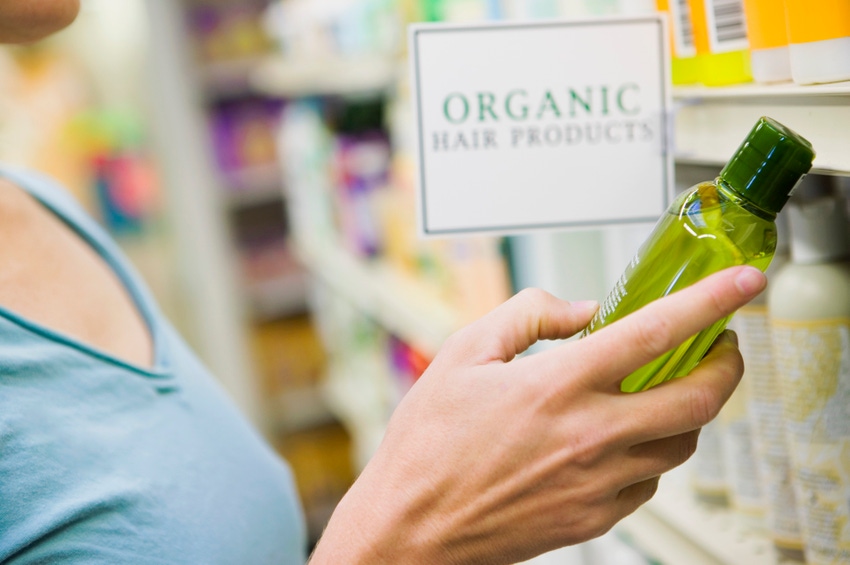The new standards forbid a curated list of 83 ingredients or processing methods from being sold through the company's stores.

Raley's, a multi-billion-dollar chain of 132 retail stores spread throughout California and Nevada, has introduced a new set of supplier and vendor standards that ban use of common preservatives, additives, hormones and other problem ingredients in the company's private label line.
"Our ingredient restrictions apply to specific Raley’s-branded products," said company spokesperson Nicole Townsend, "chosen based on customer feedback and industry trends."
The list of 83 banned ingredients looks not unlike the 78-ingredient no-fly list at Whole Foods Market, and includes artificial flavors, colors, preservatives and other hot-button compounds such as high-fructose corn syrup and sucralose.
"We intend to move towards offering an increasing number of products that are made with natural and organic ingredients," Townsend said.
The company's timing is impeccable. Sales growth of natural & organic foods at retail continues to clobber growth of conventional retail sales. Retail giants such as Kroger and Safeway have increased shelf space for natural, organic and specialty SKUs--even placing these items on shelf next to their conventional counterparts--in order to compete for the consumer that would otherwise buy those items at a Whole Foods Market or Sprouts location.
We could trip ourselves up in the weeds of Raley's new standards. How closely will they guard their non-GMO supply chain? What's the point if they're still selling other conventional brands?
But there are two more important takeaways here:
1. Big box, club stores and the Walmarts of the world have mid-to-large conventional grocers hemmed in on all sides. Differentiation is almost impossible and growth is stagnant. Retailers that drink the natural kool-aid have better long-term growth prospects than conventional stalwarts.
2. Retailers can impact the food supply chain in a meaningful way. While it ultimately comes down to the consumer to set trends and define value, retailers are the final arbiters of quality before a product enters a consumer's hands. Grocers can use that leverage to encourage their private label manufacturers and suppliers to get with the times and nix problem products from their mix.
About the Author(s)
You May Also Like




